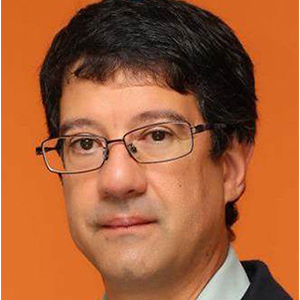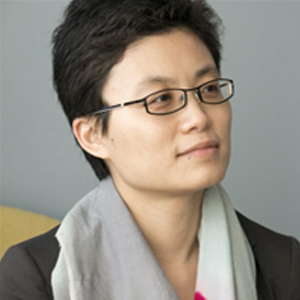In 2024, the International Summer School will provide 11 carefully curated courses that encompass key areas of global public policy. The curriculum is both compact and thought-provoking. All courses will be delivered in-person (except for the International Development and China course, which will include two online teaching sessions). The teaching schedule is outlined below.
Course Schedule of the2024 “Global Public Policy” International Summer School
Session 1 | Session 2 | |
Morning |
|
|
Afternoon |
|
|
Evening |
|
|
Time:

Time: 14:00-16:30 Session 2 (7.15-7.19 7.22-7.26)

Time: 9:00-11:30 Session 2 (7.15-7.19 7.22-7.26)

Time: 18:00-20:30 Session 1 (7.1-7.5 7.8-7.12)

Time: 18:00-20:30 Session 2 (7.15-7.19 7.22-7.26)

Time: 14:00-16:30 Session 2 (7.15-7.19 7.22-7.26)

Time: 9:00-11:30 Session 2 (7.15-7.19 7.22-7.26)

Time: 18:00-20:30 Session 1 (7.1-7.5 7.8-7.12)

Time: 14:00-16:30 Session 1 (7.1-7.5 7.8-7.12)

Time: 14:00-16:30 Session 1 (7.1-7.5 7.8-7.12)

Time: 9:00-11:30 Session 1 (7.1-7.5 7.8-7.12)

Time: 9:00-11:30 Session 1 (7.1-7.5 7.8-7.12)




